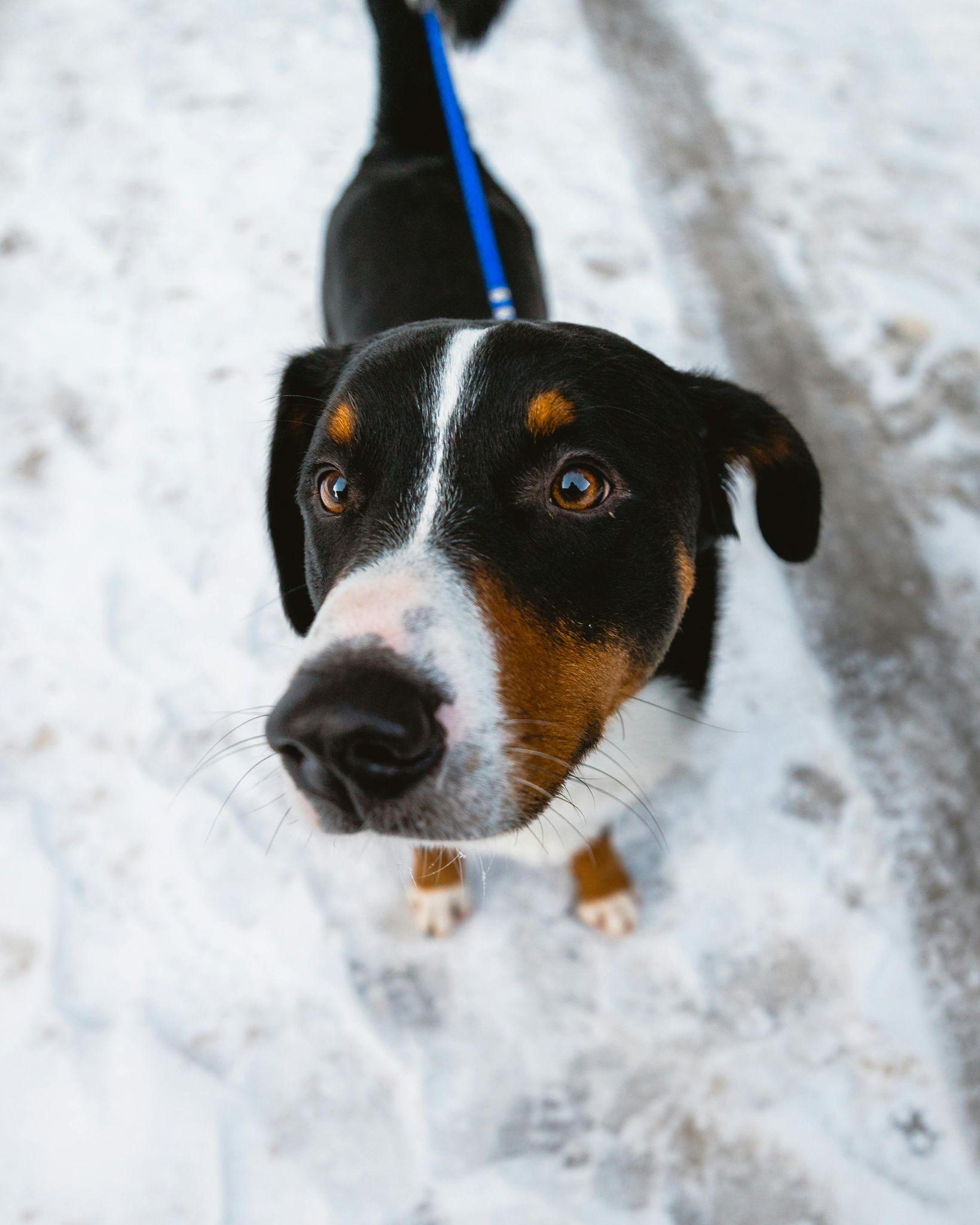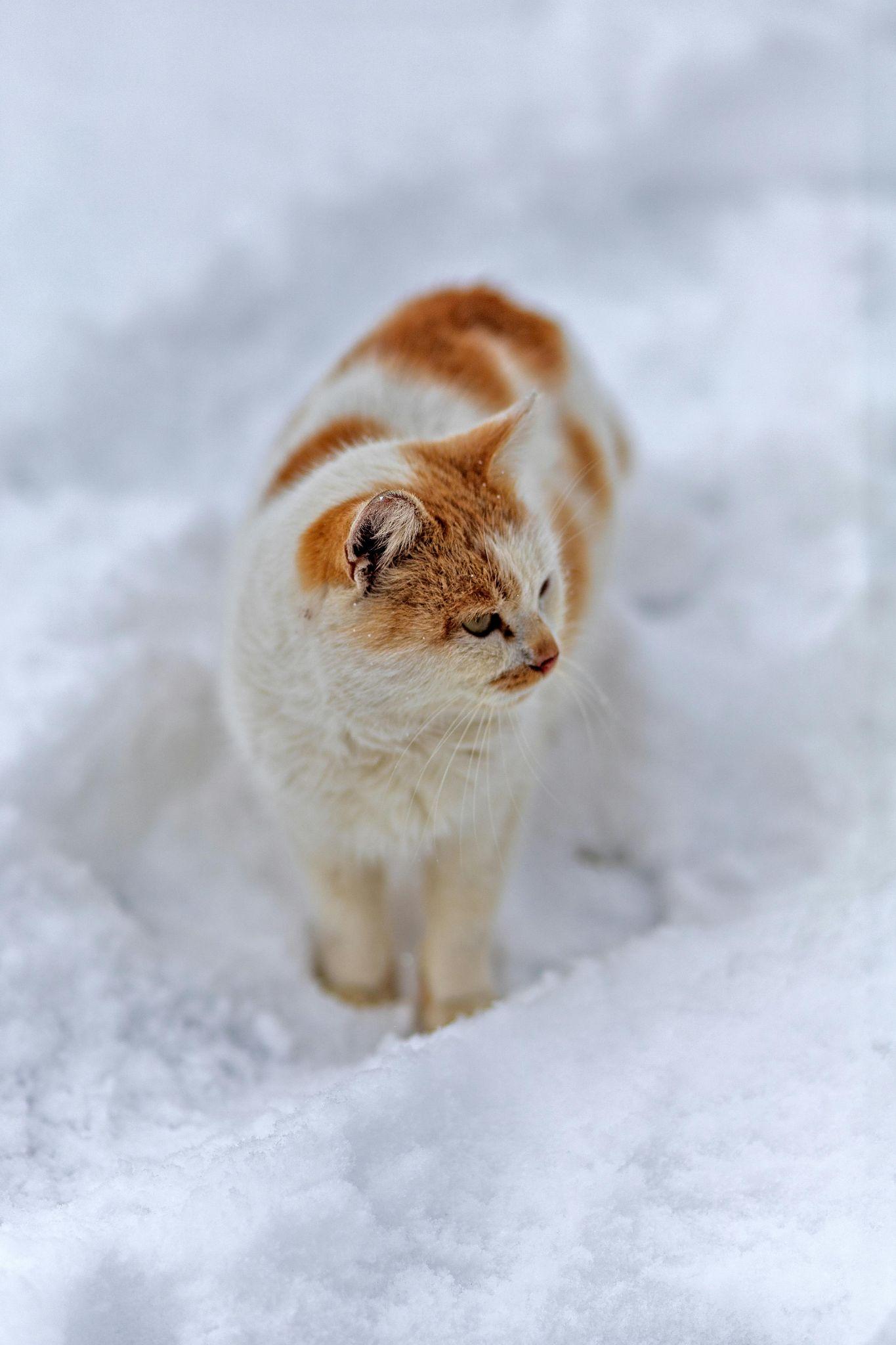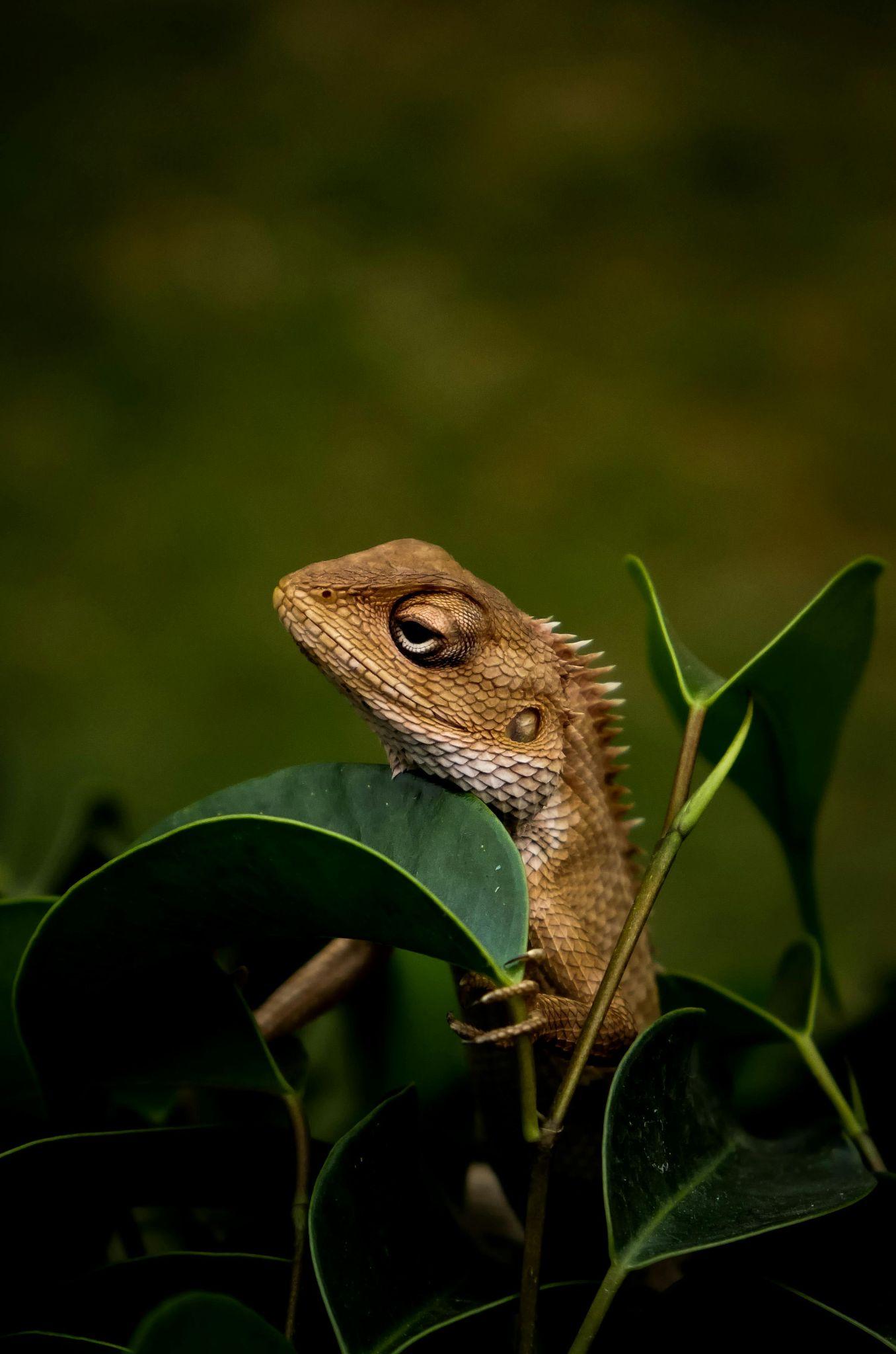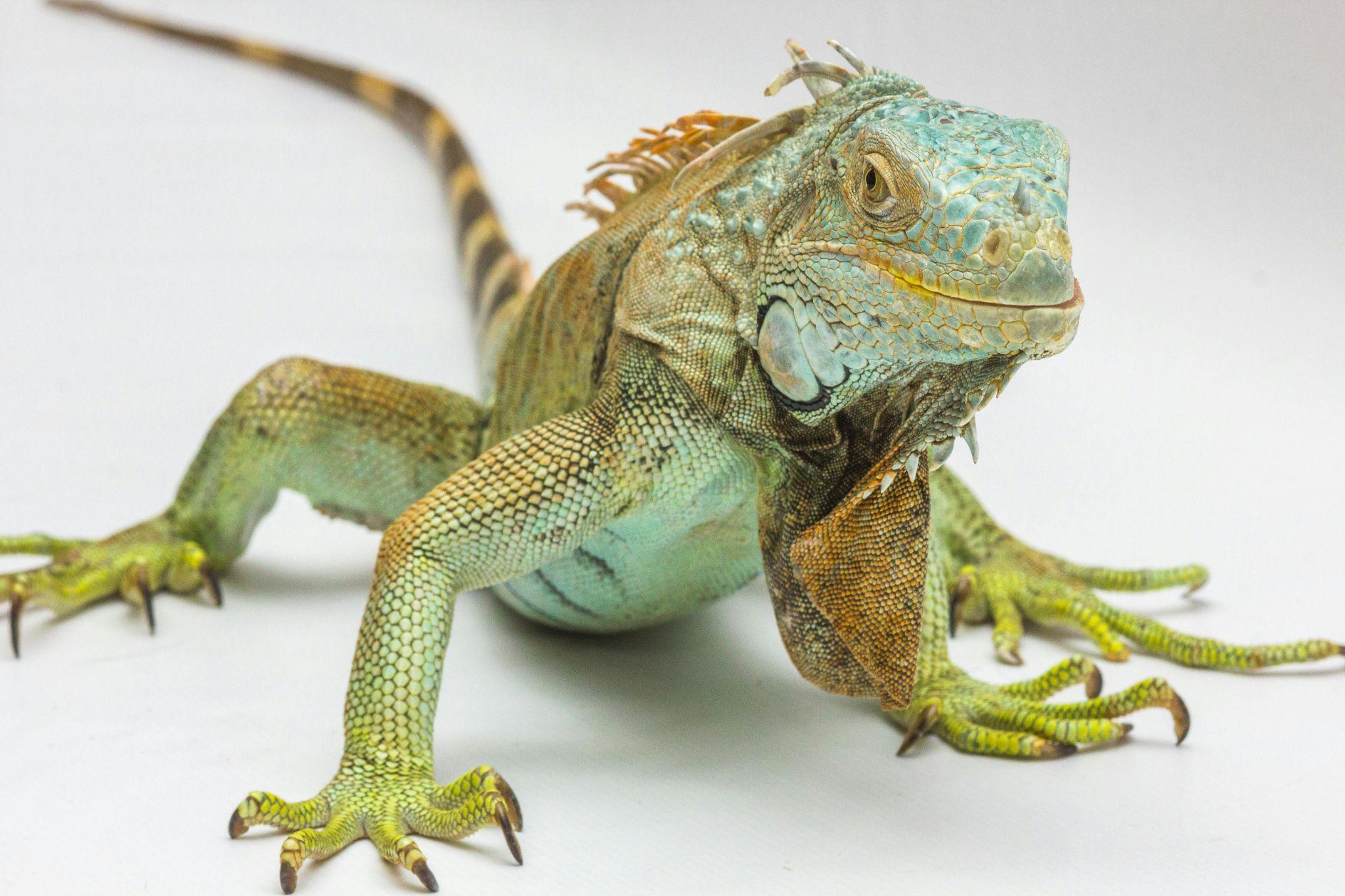Winter brings about a significant change in not just the environment but also in the lifestyle and nutritional needs of our pets. The colder months demand a shift in how we care for our furry, feathered, or scaly friends, especially when it comes to their diet. The question is: how do you choose the right pet food for winter? In this guide, we’ll delve into understanding your pet’s unique winter nutritional needs, provide practical tips for different types of pets, and explore how you can keep them healthy and happy throughout the season.

Understanding Your Pet’s Winter Nutritional Needs
As temperatures drop, your pet’s energy levels, metabolism, and overall behavior might change. These shifts necessitate a closer look at their dietary requirements to ensure they remain healthy and comfortable.
Why Do Pets Need Different Food in Winter?
Winter can mean a decrease in outdoor activity for many pets, which leads to reduced caloric needs. However, some pets might require more calories to maintain their body temperature, especially those with short fur or those who spend a lot of time outdoors. Conversely, pets that stay indoors most of the time might need a lower-calorie diet to prevent weight gain. So, how do you balance these needs?
Pets with High Energy Needs

Pets that continue to be active during winter, such as working dogs or breeds with thin coats, often need additional calories. For these pets, a diet rich in protein and fat can provide the energy required to stay warm and active.
Pets with Low Energy Needs
For pets that become more sedentary, like indoor cats or small rodents, it’s essential to reduce caloric intake to avoid weight gain. These pets need a balanced diet that provides essential nutrients without excess calories.
How to Choose the Right Pet Food for Winter: Key Factors to Consider
When selecting the right pet food for winter, it’s important to consider several factors, including the type of pet, their activity level, and any specific health conditions. Let’s explore these factors in detail.
1. Assess Your Pet’s Current Health and Lifestyle

Before making dietary changes, take a moment to assess your pet’s current health and lifestyle. Is your pet overweight, underweight, or at a healthy weight? Understanding their body condition helps determine the appropriate caloric intake and nutritional needs. https://truepetslove.com/product/fresh-step-cat-litter/
2. Consider the Type of Pet You Have
Different pets have different needs, especially in winter. Here are some considerations based on the type of pet:
Dogs
- Small Breeds: Small dogs with less body fat may need slightly more food in winter to stay warm.
- Large Breeds: If a large dog is less active during winter, consider reducing their calorie intake to prevent weight gain.
- Senior Dogs: Older dogs often have reduced activity levels and may benefit from a diet that supports joint health and is lower in calories.
Cats

- Indoor Cats: These cats are usually less active, so a calorie-controlled diet is important to avoid obesity.
- Outdoor Cats: Cats that spend a lot of time outside may need additional calories to maintain body heat.
Exotic Pets
Exotic pets, such as reptiles, birds, and small mammals, have unique dietary requirements.
- Reptile Care Tips: Reptiles often have lower metabolic rates in winter. Following specific reptile care tips, such as reducing feeding frequency but ensuring meals are nutrient-dense, is vital.
- Birds: Birds kept in cooler environments may require a diet higher in fats to provide energy for maintaining body heat.
- Small Mammals: Ensure that pets like rabbits and guinea pigs have plenty of fiber in their diet to aid digestion and maintain warmth.
3. Look for Seasonal Ingredients

Some pet foods are designed with seasonal needs in mind. Look for winter formulas that have higher fat content, more protein, or ingredients that support the immune system. Ingredients like fish oil, chicken fat, and complex carbohydrates can help provide the extra energy your pet needs during winter.
Beneficial Ingredients for Winter
- Omega-3 and Omega-6 Fatty Acids: Essential for maintaining healthy skin and coat, especially important in winter when the air is drier.
- High-Quality Protein: Helps maintain muscle mass and provides sustained energy.
- Antioxidants: Vitamins E and C can help boost the immune system, protecting pets from winter-related illnesses.
4. Adjust Portion Sizes Accordingly
Portion control is critical when adjusting your pet’s diet for winter. Ensure you’re feeding the right amount based on their activity level and overall health to avoid overfeeding or underfeeding.
5. Consult Your Veterinarian
Always consult your veterinarian before making significant changes to your pet’s diet. They can provide tailored advice based on your pet’s specific health needs and lifestyle, ensuring a smooth transition to a winter diet.
Winter Diet Tips for Exotic Pets

Exotic pets have special needs, particularly when it comes to their diet in winter. Here are some reptile care tips and advice for other exotic animals to keep them healthy during the colder months. https://truepetslove.com/how-to-choose-the-right-pet-safe-sunscreen/
Reptile Care Tips
Reptiles rely on external heat sources to regulate their body temperature, making winter a challenging time for them. Here’s how you can adjust their care:
- Reduce Feeding Frequency: Many reptiles have slower metabolisms in colder temperatures and thus need to eat less frequently. Ensure that each meal is nutrient-rich to compensate for the reduced frequency.
- Maintain Proper Habitat Conditions: Keep your reptile’s enclosure at the right temperature and humidity levels to support digestion and overall health.
- Vitamin Supplements: Ensure your reptile gets adequate vitamins, especially if their exposure to natural sunlight is limited during winter.
Tips for Other Exotic Pets
- Birds: Birds may need a diet with higher fat content, such as seeds and nuts, to help maintain body warmth. Fresh fruits and vegetables are also crucial for their vitamin intake.
- Small Mammals: For pets like hamsters, gerbils, and guinea pigs, provide a diet rich in fiber to support digestive health and prevent boredom, which can lead to overeating.

How to Make Homemade Pet Food for Winter
Preparing homemade meals for your pet can be a rewarding way to ensure they get the best nutrition, especially during winter. Here’s how to create a balanced and healthy diet from your kitchen.
Benefits of Homemade Pet Food
- Control Over Ingredients: You have full control over what goes into your pet’s meals, which is especially beneficial if they have allergies or dietary restrictions.
- Customization: Homemade meals allow you to tailor the food to your pet’s specific needs, adjusting ingredients based on their health and seasonal requirements.
Key Ingredients for Homemade Winter Pet Food
- Lean Proteins: Sources like chicken, turkey, and fish provide essential amino acids and high-quality protein.
- Complex Carbohydrates: Foods like sweet potatoes, brown rice, and oats offer energy and are gentle on the digestive system.
- Healthy Fats: Fish oil, flaxseed, and olive oil can enhance skin and coat health.
- Vegetables: Carrots, peas, and pumpkin are great for adding vitamins, fiber, and antioxidants to your pet’s diet. https://truepetslove.com/
Homemade Pet Food Recipe Example
Here’s a simple, nutritious recipe to try:
Winter Chicken Stew for Dogs:

- 1 pound chicken breast, diced
- 1 cup chopped carrots
- 1 cup diced sweet potatoes
- 1 cup green beans
- 1 tablespoon olive oil
- 2 cups low-sodium chicken broth
Instructions:
- Heat olive oil in a large pot over medium heat.
- Add chicken and cook until lightly browned.
- Add vegetables and chicken broth.
- Simmer on low heat for 30 minutes, or until vegetables are tender.
- Let the stew cool before serving.
Choosing the right pet food for winter is essential for maintaining your pet’s health and comfort during the colder months. By understanding their specific needs and adjusting their diet accordingly, you can ensure your pet remains healthy, active, and happy. Whether you have a dog, cat, or exotic pet, the key is to be mindful of their unique requirements and to consult with a veterinarian to provide the best care possible. With the right nutrition and a bit of preparation, your pet can thrive throughout the winter season.
